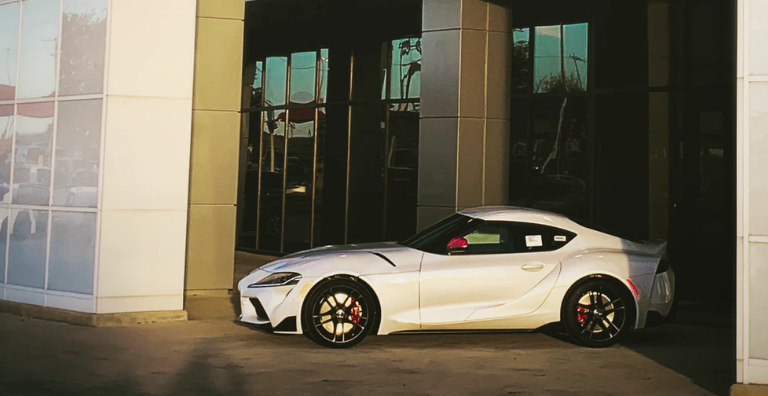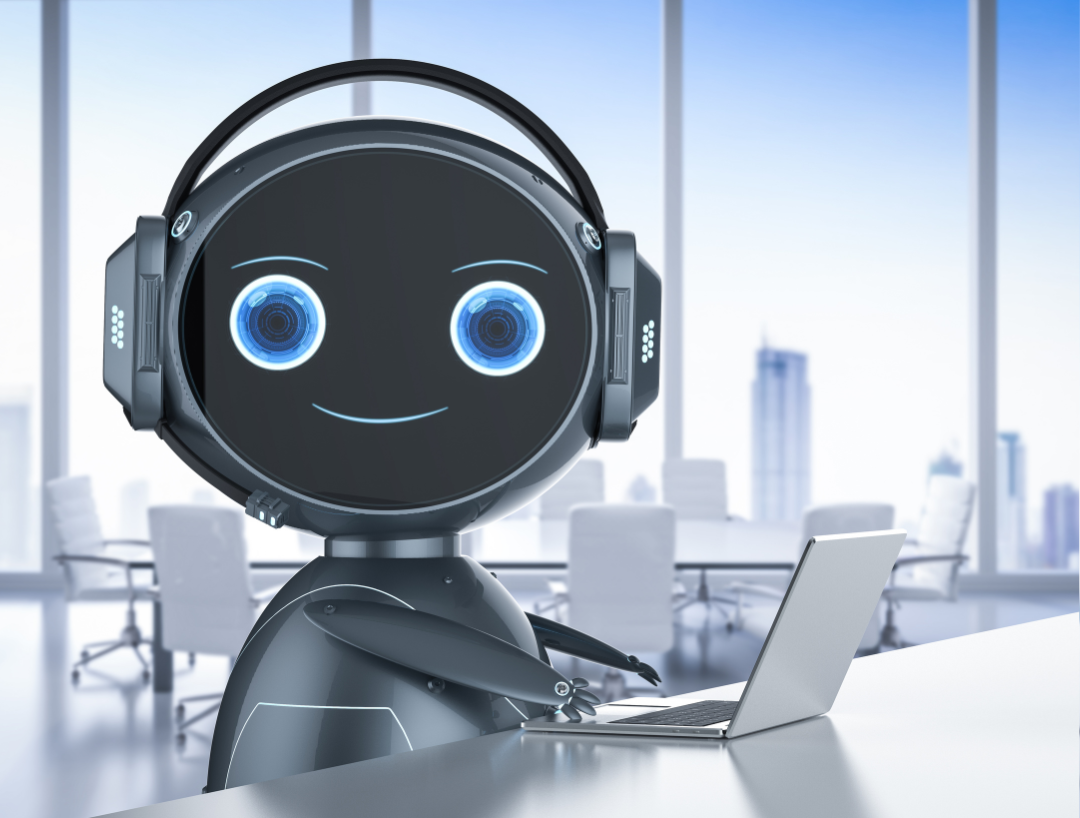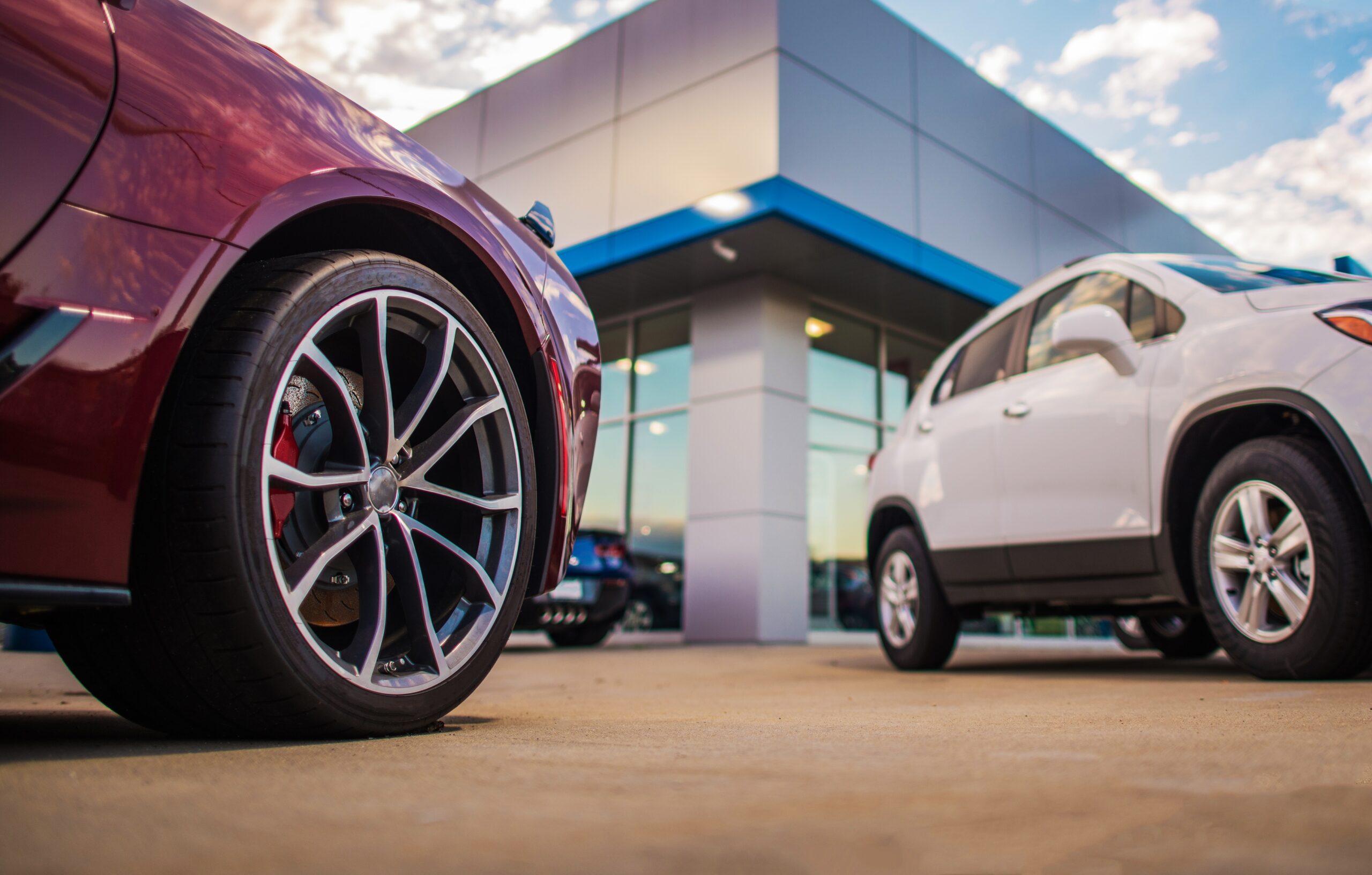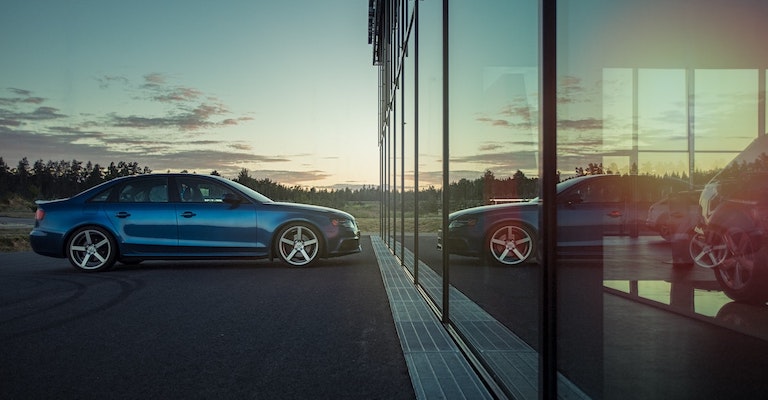Every Dealership Manager Wants To Hit Their Car Sales Targets At Months-End
Every dealership manager wants to hit their car sales targets at months-end.

Even better, you beat them! You’ve got a stellar car sales team on the dealership floor assisting potential buyers to turn them into customers. Yet, despite all effort, you aren’t getting the results you want and you’re not sure why. When you don’t understand the root of the problem, fixing it will likely be tricky.
We can tell you the main reason dealerships are missing out on sales right now. It’s not giving consumers the buying experience they now expect— speed and quality communication at every touchpoint.
For dealers, responding at the pace of consumers with the right words has been impossible. Until now.
Optimize sales with greater efficiency with Matador
Matador is the first-ever platform to give dealerships all the tools they need to connect with potential buyers and customers. Our reason for being is to help auto dealerships like yours create customer experiences that equal sales.
We do that by enabling you to:
Connect with potential customers where they are
The current generation is mobile-based and wants to communicate with brands via their phones. Send text messages directly to your potential buyers for higher open rates than ever before—the industry standard is an unbelievable 98%. And you don’t need to fret about compliance—third-party websites ask buyers for consent to receive SMS so you can start engaging straight away. And you can automatically prompt anyone that hasn’t been asked.
Respond at the right time with the right message
Matador allows you to automate text message responses to buyers so they get the information they need when they need it. Build text message sequences to respond instantly at any stage of the buyer’s journey. What’s more, you can customize your responses so buyers feel like they’re talking to a human, not a robot.
Matador integrates with your current CRM so you can connect right away to start having profitable conversations.
Last month, McKinsey published an in-depth report on the future of auto retail, based on interviews with leaders in the industry and over 3,000 consumers in the US, China, and Germany. Not everybody has time to sift through a 30+ page document, so we did the heavy lifting for you. Here are our biggest takeaways:
COVID-19 accelerating auto retail into the future
McKinsey’s findings showed that traditional retail models are riddled with pain points throughout the customer journey. OEMs and retailers should use COVID-19 as momentum to transition to the future of auto retail: “customer-centric and omni-channel.”
The new buyer persona
1. The hybrid customer
These mostly suburban-based use online and offline sources equally to inform their car purchase decision. They gather information from OEM/dealership/comparison websites and at the dealership. COVID-19 will likely increase this group’s share as other customer groups are becoming more online-savvy.
- Share of car buying population: 1/3
- Average no. touch-points pre-purchase: 8 to 10
2. The online-savvy modernist
These mostly young city-dwellers do pretty much everything online from researching cars to signing contracts. The majority only visit the dealer to “close the deal”.
- Share of car buying population: 1/3
- Average no. touch-points pre-purchase: 6 to 8
3. The online-focused information seekers
This group of big-city dwellers are “real car enthusiasts” and actively gather a lot of information before purchase. Unlike the modernists, they consult the dealer throughout their “unique, cutting-edge” buying experience.
- Share of car buying population: 15-20%
- Average no. touch-points pre-purchase: 25
4. The dealer-trusting traditionalist
The local dealership is the oracle for these older buyers, mainly based in the US and Germany. Their ideal buying experience is “personalized” and “high-touch,” and 100% offline, in partnership with their local dealership. Learn more about Spectrums AI COVID-19 is either forcing the traditionalists online or to stop buying altogether.
- Share of car buying population: 20%
- Average no. touch-points pre-purchase: 5
Future retail models for auto dealers
The report predicted five future scenarios, including:
- ‘Dealer as entrepreneur’—this involves a direct sales channel being added to the current scenario, where the dealer remains at the core.
- ‘Dealer as execution agent, OEM in control of new-car sales’—essentially, dealers focus on after-sales and used-car sales, OEMs take charge of new-car sales.
- ‘OEM fostering competition, dealer as exchangeable execution provider’—in this scenario, the physical dealership complements online channels. This would mean a radical transformation, from being the core of the business to a service provider.








